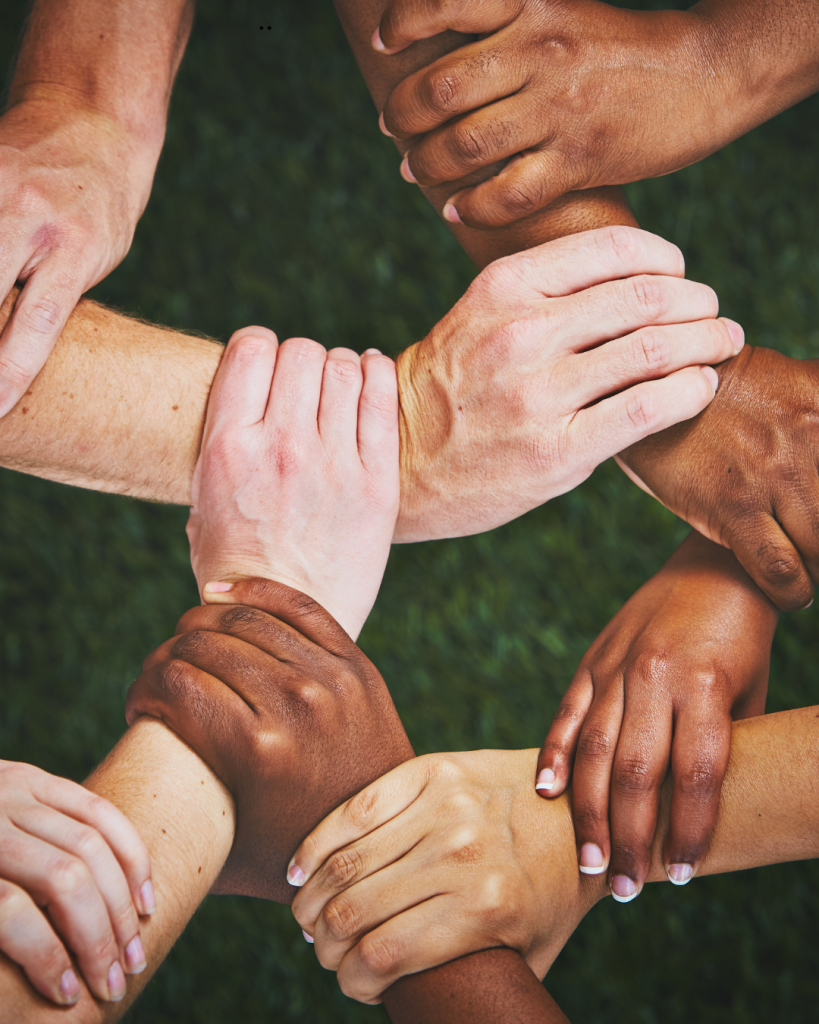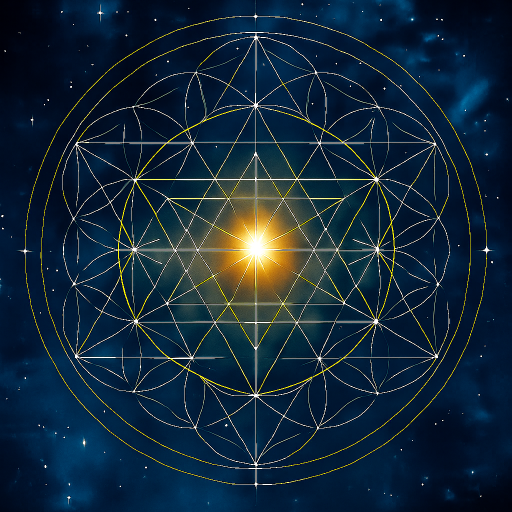It Didn’t Start With Me—But It Can End With Me
Breaking the Cycle of Intergenerational Trauma and Related Mental Health Struggles
By Astra Sbizzirri – Inner Balance Dynamics
1. The Patterns We Carry
Sometimes the heaviness we feel doesn’t make sense. We’re triggered by things that seem small. We struggle with anxiety, self-doubt, or emotional pain without knowing why. For many of us, especially those on a healing journey, we eventually come to ask a deeper question: “Where is this really coming from?”

In my mental health recovery—now nearly a decade into the process—I came to realise something life-changing: I wasn’t just healing myself. I was healing generations. I was the one who said, “This ends with me.”
Because the truth is, some of the wounds we carry don’t begin with us. They are passed down quietly, invisibly, or sometimes loudly and violently, until someone chooses to stop the cycle.
2. What Is Intergenerational Trauma?
Intergenerational trauma (also called transgenerational trauma) refers to the emotional wounds, belief systems, and behavioural patterns that are passed down from one generation to the next.

This can happen in families where:
– There’s been war, abuse, displacement, addiction, or poverty
– Emotions were suppressed, avoided, or feared
– Survival was prioritised over connection or safety
These traumatic imprints often go unnamed—but they don’t go unnoticed. They can be passed down through the way we’re parented, through the nervous system, and even through epigenetics (changes in how our genes are expressed).
We inherit more than eye color and bone structure. We can inherit stress responses, fear conditioning, and unspoken grief.
3. The Mental Health Impact of Inherited Trauma

Unresolved trauma doesn’t just disappear. It hides in behaviors, beliefs, and bodies. It shows up in mental health in ways that can confuse and frustrate us—especially when there’s no clear explanation.
You might be carrying intergenerational trauma if you’ve experienced:
– Chronic anxiety or fear that doesn’t match your current life circumstances
– Emotional disconnection, shutdown, or numbness
– A tendency to people-please, over-function, or “fix” everything
– Patterns of addiction or escapism
– Shame that seems deeply rooted—but not clearly yours
– Family cultures of silence, secrecy, or suppression
In my own family, I’ve seen how depression, PTSD, panic disorder, and bipolar patterns repeat through generations. Addiction was a way to self-soothe, to survive. But healing to a state of emotional regulation, I’ve come to believe, is our birthright—and our responsibility.
4. Breaking the Cycle: Healing as a Generational Act
You don’t have to carry what was never meant for you! Healing intergenerational trauma isn’t easy—but it is possible. Here’s what I’ve learned through lived experience, recovery work, and trauma-informed practice:
🌀 Awareness is the first step – noticing repeating patterns is the beginning of transformation.
💬 Talk about it – speak the truth that was never spoken in your family.
🧘♀️ Regulate your nervous system – breathwork, grounding, bodywork.
🌱 Reparent yourself – give yourself the emotional support you may have never received.
🌿 Seek support – therapy, peer connection, trauma-informed coaching, ancestral healing.

5. Final Words: You Are the Cycle-Breaker
Even if you’ve inherited pain, you still have the power to choose healing. And while you may come from silence, you now have the opportunity to become the voice that speaks truth and love into your lineage.

Breaking the cycle doesn’t mean rejecting your family. It means honouring them enough to say: “It stops here. I will do it differently.”
While healing ripples backwards to soothe what came before, it also ripples forward—shaping new possibilities. In choosing to heal, your courage not only transforms your life, but also lights the way for those who come after you.

